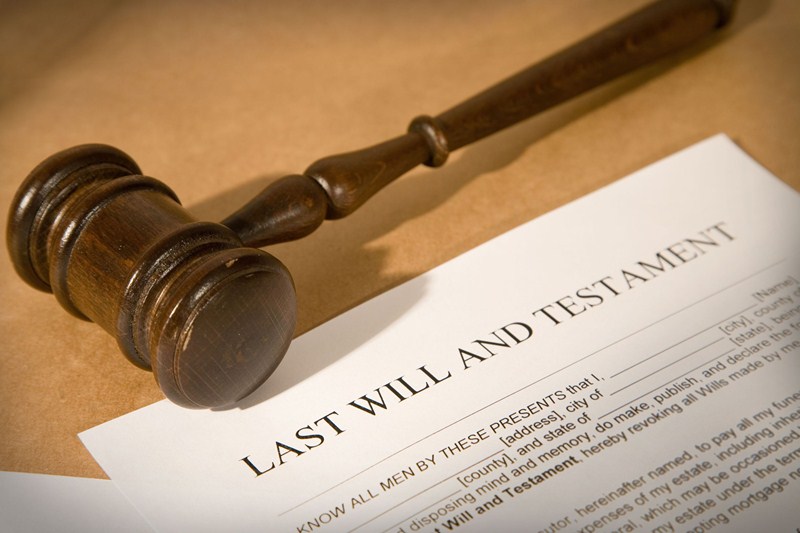A statutory instrument will be issued September 2020 that will legitimise the witnessing of wills by video conferencing methods. This extension to the witness process will apply from 31 January 2020 for two years.
The new law will amend the Wills Act 1837 to stipulate that where wills must be signed in the ‘presence’ of at least two witnesses, their presence can be either physical or virtual.
An increasing number of people have sought to make wills during the COVID-19 pandemic, but for people shielding or self-isolating it is extremely challenging to follow the normal legalities of making a will – namely it being witnessed by two people.
To reflect this, the will-maker could use the following example phrase:
‘I first name, surname, wish to make a will of my own free will and sign it here before these witnesses, who are witnessing me doing this remotely’.
Witnessing pre-recorded videos will not be permissible – the witnesses must see the will being signed in real-time. The person making the will must be acting with capacity and in the absence of undue influence. If possible, the whole video-signing and witnessing process should be recorded and the recording retained. This may assist a court in the event of a will being challenged – both in terms of whether the will was made in a legally valid way, but also to try and detect any indications of undue influence, fraud or lack of capacity.



